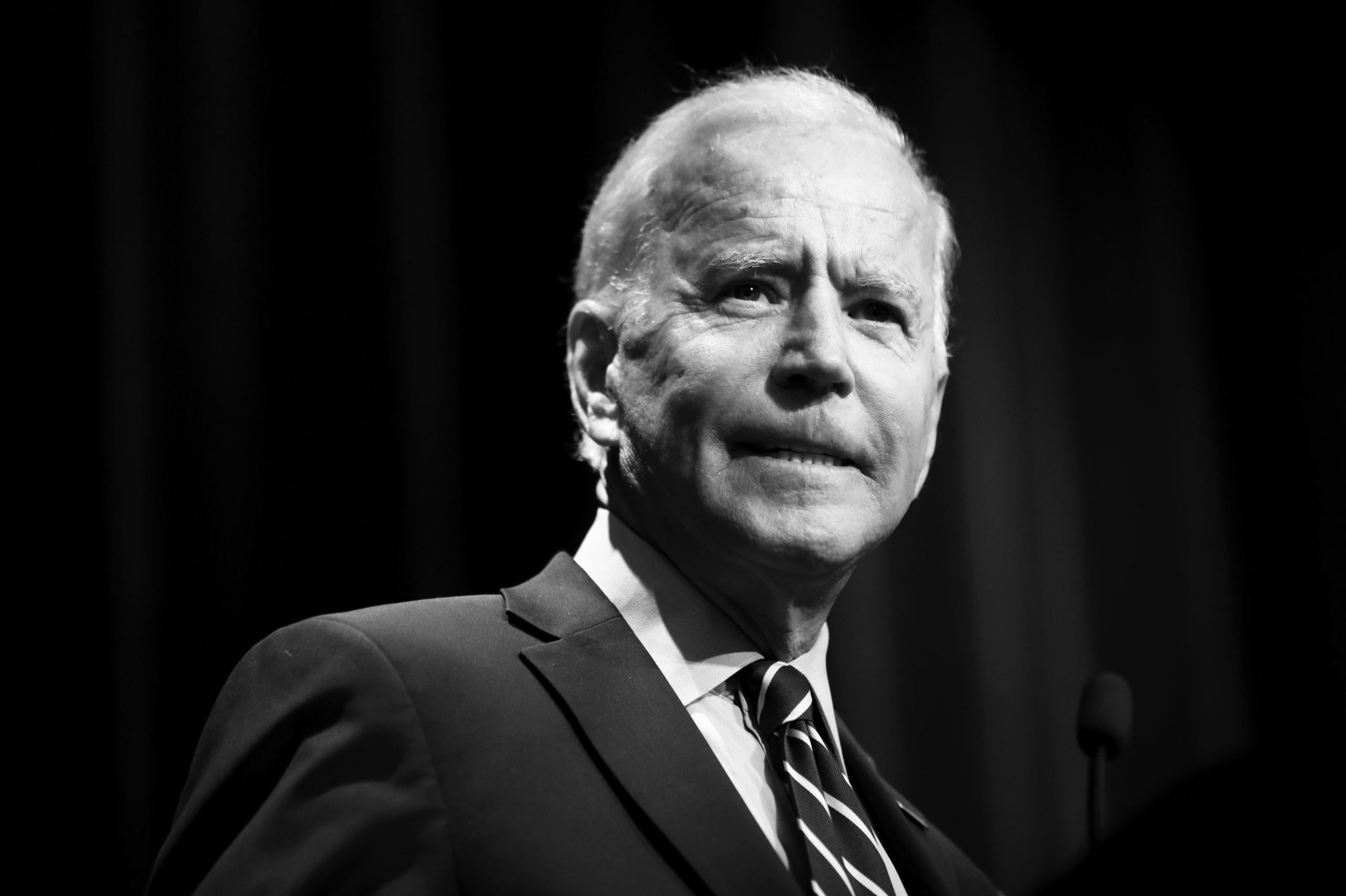Climate change policy has entered a new era. The growing row between the United States and the European Union over the impacts of the new American green subsidy regime makes that all too clear. Yet in many ways, this story is ultimately about China.
For the last 20 years, developed countries have used three main types of policy to cut their greenhouse gas emissions. Renewable energy mandates have required electricity generators to invest in solar, wind, hydro and geothermal power. Emissions trading schemes for energy and industrial businesses put a price on carbon. And energy efficiency standards have been progressively improved on a whole range of products from vehicles and white goods to homes.
Applied across Europe and North America, this policy toolkit brought notable success. Developed countries’ emissions fell sharply, even with economic growth. Green technologies – from wind and solar to electric vehicles – fell in cost and improved in performance as demand for them rose.
A virtuous circle followed: climate policy increased demand for green technologies, which reduced costs, which allowed policy to be tightened, which stimulated demand and innovation further.
The rub
There were two problems, however. First, much of the economic benefit went to China. From 2010 onwards China rapidly became the world’s primary supplier of wind and solar technology, along with underpinning minerals like lithium, cobalt and rare earths.
China’s dominance reduced everyone’s costs. But it also meant that, as industrial jobs were lost in developed countries, they were not replaced by equivalents in the new energy sectors.
Second, climate policy began to create political opposition. As emissions targets tightened, countries started to see the costs reflected in consumer prices.
The most dramatic response emerged in France in 2018, when a relatively small increase in fuel duty led the so-called gilets jaunes (yellow jacket) protestors to block roads across the country for over a year, even after President Emmanuel Macron withdrew the tax. In the US, congressional opposition stymied President Barack Obama’s plans for a climate bill – including a modest carbon pricing scheme – for the whole of his presidency.
Joe Biden has learned the lesson. His Inflation Reduction Act (IRA), passed in 2022, offers climate carrots instead of sticks – and lots of them.
The act – which despite its name is almost entirely about climate change – offers a mammoth US$369 billion (£306 billion) of tax credits and other subsidies to companies making low-carbon investments and to consumers buying green products. Critically, to take advantage of subsidies, a significant proportion of materials and equipment used must be produced in North America.
The EU position
Orthodox economists deplore the IRA. Subsidies are much less efficient than taxes (not to say more expensive), and protectionism raises costs to consumers.
Yet to any politician, Biden’s approach looks like a no-brainer. Don’t penalise businesses with carbon levies: reward them with tax credits. Don’t allow the employment benefits of climate policy to leak overseas to China: ensure they stay at home. Nearly three-quarters of Americans backed the act, including over half of Republicans.
The EU is alarmed at the likely effects. There are al ready reports of European cleantech companies planning to transfer production to the US, while others may be kept out of US markets. The European Commission has threatened the US with legal action at the World Trade Organization for breaking free trade rules, and has already secured US concessions, including extending tax credits to foreign-made electric vehicles.
Even more significantly, the commission president Ursula von der Leyen has announced a “green deal industrial plan” for the EU. The core will be a Net Zero Industry Act relaxing rules on state aid and providing subsidies for cleantech investment. Meanwhile, a Critical Raw Materials Act will build partnerships with like-minded suppliers to reduce dependence on Chinese imports, mirroring what the recent EU and US chips acts do with semiconductors.
The broader context
Both the EU and US are therefore turning climate policy into industrial and trade strategy. One might ask what took them so long. China’s twelfth five year plan in 2010 first identified seven environmental “strategic industries” on which to focus economic development. It is not a coincidence that China rapidly came to dominate the new low carbon sectors: it was literally the plan.
The EU and US moves are a desperate attempt to catch up, with Japan and South Korea not far behind. And the strategy extends beyond their own continents. The new kids on this block are multi-billion dollar just energy transition partnerships which the EU, US and other western powers have recently negotiated with South Africa, Indonesia and Vietnam.
These “JET-Ps” aim to stimulate investment, not just in the renewables transition but also in domestic industrial capacity. Loans and guarantees provided by western governments aim to leverage much larger flows of private finance. The goal is for these countries to manufacture and export their own green technologies, charting a new path for economic development.
More such partnerships will likely be announced over the coming year. This is not altruism on western countries’ part, but an attempt to offer an alternative to China’s huge investments in the developing world.
What about the UK? These developments leave the British economy in a badly weakened position. The EU was the obvious partner in green industrial policy. On its own the UK is not nearly large enough to compete.
It creates a compelling case for a future UK government to do a green trade deal with the EU. In return for a financial contribution to the EU’s green innovation funds, the UK could rejoin the single market for environment goods and services.
Just a few years ago, climate change was a subset of environmental policy. Today it is a key dimension of both economic strategy and geopolitics. Given the extent of the economic transformation it demands, no-one should be surprised.
This article is republished from The Conversation under a Creative Commons license. Read the original article.







